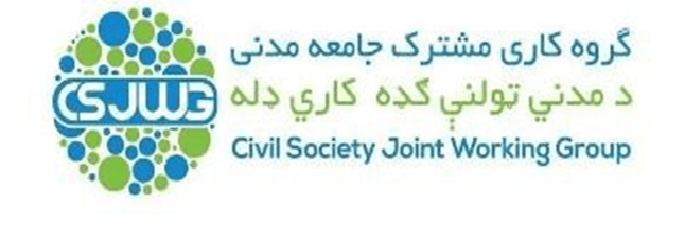KABUL (Pajhwok): The Civil Society Joint Working Group (CSJWG) has warned that the suspension of aid has affected the lives of ordinary citizens and has worsened the humanitarian crisis, according to a statement on Sunday.
CSJWG , the largest Afghan civil society platform, welcomed the resumption of humanitarian efforts by some countries but considers that current efforts fall far short of the level of aid needed for a population which is on the brink of a massive humanitarian disaster.
It urged international donors to increase their aid in order to provide the essential humanitarian assistance to internally displaced people, returnees and the very many people affected by the COVID-19 pandemic as well as to continue the much-needed public services including health, education, water and electricity.
Before the fall of Kabul to the Taliban, the UN announced that 18.5 million people, nearly half the population, were dependent on life-saving assistance.
The UN further noted that half of all Afghan children under the age of five already suffer from acute malnutrition, as the country reels from its second drought in four years. Additionally, the World Bank announced that 72% of the Afghan population are below the poverty line.
Despite these current challenges, some donors announced that they have suspended their aid to Afghanistan, which includes both humanitarian and development assistance.
The German Government, for instance, suspended payment of USD 508 million per year for humanitarian and development assistance to Afghanistan. In addition, the World Bank announced that all its assistance to Afghanistan is on hold.
The World Bank provided a range of supports to programs and projects as part of 2021 Afghan National Budget. Based on an analysis of the 2021 National Budget, the World Bank provides up to USD 800 billion to Afghanistan.
This would seriously impede the ability of any future government budgetary spending to keep the same level of contribution to the GDP (about 43% before 2021).
The immediate consequences of a reduction of aid and the continuation of sanctions will be a sharp increase in the number of internally displaced people, increased migration and heightened security threats in the future.
Therefore, humanitarian aid must continue, to ensure children at risk of malnutrition and people facing starvation receive the much-needed assistance. In addition, essential services such as health and education including keeping schools and clinics open for the sick children, need development aid to continue.
The UN has announced that it is organizing a conference on Afghanistan tomorrow (September 13, 2021) to discuss the humanitarian crisis in Afghanistan. We urge all donor countries to participate in the conference and pledge increased aid to Afghanistan to fill the growing gap of humanitarian and development needs of the country.
Pr/nh







GET IN TOUCH
NEWSLETTER
SUGGEST A STORY
PAJHWOK MOBILE APP